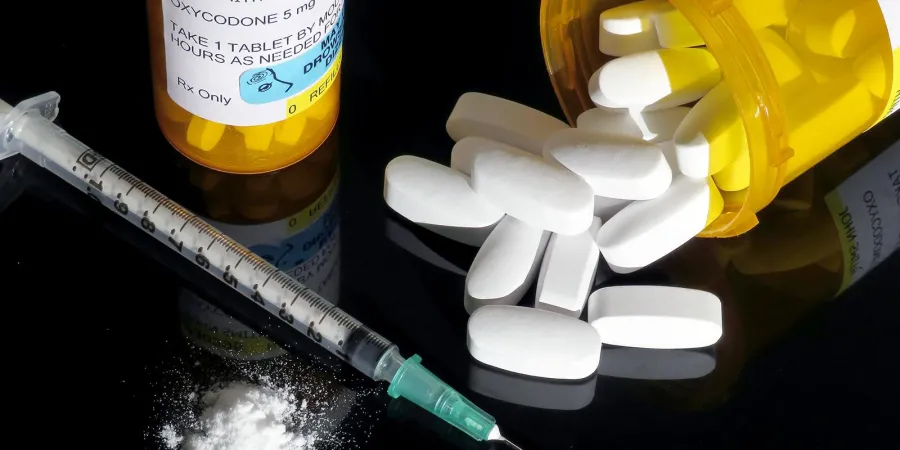AFSCME-backed bill seeks to overcome the nation’s addiction crisis

A New York City congresswoman and an AFSCME member are urging Congress to approve legislation that would help the nation combat the addiction crisis stemming from the widespread use of opioids and stimulants.
Rep. Carolyn B. Maloney on Tuesday joined elected officials and advocates – including Dr. Leonard Davidman, president of AFSCME Local 1189 (District Council 37) – to pressure Congress to approve the Comprehensive Addiction Resources Emergency (CARE) Act.
Maloney re-introduced the bill in December with Sens. Elizabeth Warren of Massachusetts and Tammy Baldwin of Wisconsin, Reps. Ann Kuster of New Hampshire and David Trone of Maryland, and more than 100 other lawmakers.
Endorsed by AFSCME and more than other 175 organizations, the CARE Act would provide states, territories, tribal and local governments and community-based organizations with $125 billion in federal funds over 10 years to expand access to treatment, reduce harm and provide an array of support services, according to Maloney’s office. A CARE Act fact sheet is here.
In 2020, more than 2,000 people experienced fatal overdoses in New York City – an increase of more than 500 fatal overdoses from 2019, Maloney said in a press release. Under the CARE Act, the city’s residents could benefit from approximately $48.4 million in annual money to fight the addiction problem, and community-based organizations and local governments could receive a portion of about $4.5 billion in related federal funding, according to Maloney’s office.
“Last year, approximately 275 people in the United States were lost each day to fatal overdoses. This crisis has touched every community in the United States – including ours right here in New York City,” Maloney said. “That is why Senator Elizabeth Warren and I led more than 100 of our colleagues in reintroducing the CARE Act. Now more than ever, the federal government must step up and provide our communities with the sustained funding to expand treatment access and turn the tide on this epidemic.”
Davidman, a psychologist, said he’s part of a team of professionals who work with courts, hospitals and mental health facilities to fight New York City’s addiction crisis.
“During the pandemic, substance abuse and mental health services are more urgently needed than ever. Representative Maloney’s bill would give me and other behavioral health professionals the tools we need to help more people,” Davidman said. “In addition to sustained funding, the CARE Act emphasizes a comprehensive approach to treatment that includes residential recovery housing and job training.”
